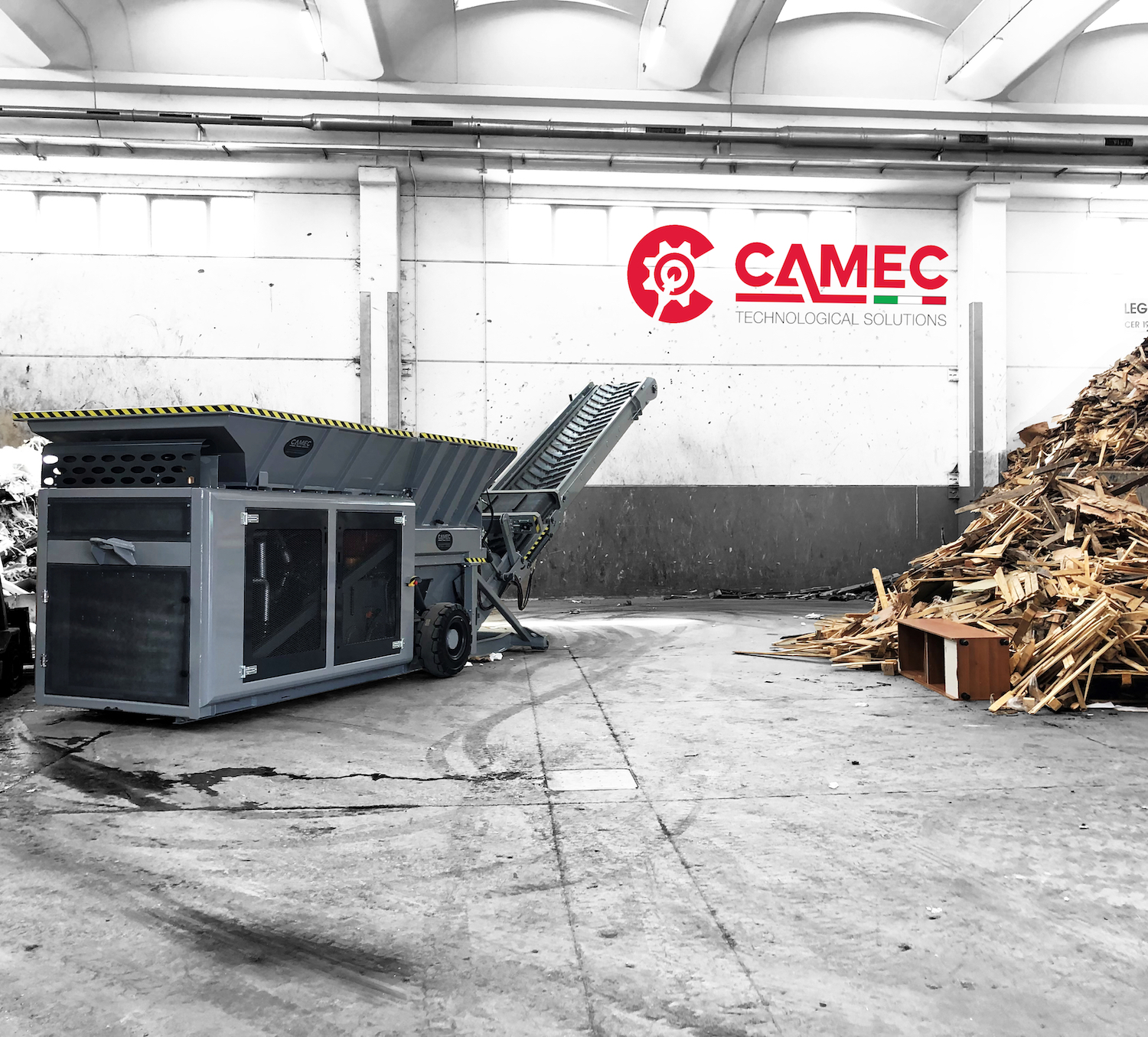Speaking as part of National Careers Week, the British Metals Recycling Association says a career in this £7 billion a year sector is a great choice because it can help provide transformational change and positively impact the country’s future.
James Kelly, CEO, BMRA says: “Metals recycling is a vital component if the UK is to meet its climate goals by 2050. By 2050, many of those working in the sector now will be long retired whereas those at school today will be well into their careers. Like all industries, metals recycling has felt the reduction in talent pool which is why it is even more important to encourage young people into the industry.”
A recent survey found that three quarters of respondents are seeking careers that have a positive environmental impact. On average, respondents have been considering a career which makes a difference as early as ten years of age.
Elliot Ashton, Weighbridge Operator at Kuusakoski Recycling who came to metals recycling from another industry added: “Don’t underestimate the possibilities or potential for personal development that are available through a Green Career. What may seem like a minor position can quickly evolve and build up to be a full-blown career with the possibility to achieve a multitude of licenses, qualifications, and training.”
Mr Kelly added that even if people don’t have the relevant qualifications, many will have skills that can be transferred into the industry: “Metals recycling companies have traditionally been family-run businesses, but as the industry grows, ownership models have been changing and more people are coming into the industry with skills obtained in other sectors.
“We also don’t want people to be put off if they don’t have qualifications. The BMRA was a key part of the team who created the Metals Recycling General Operative level 2 apprenticeship. This approach is a simple solution to plugging that talent pool gap for employers and offers young people a structured route into a green career”.
The Metals Recycling General Operative apprenticeship develops an apprentice’s knowledge and appreciation of a wide range of processes, site administration, risk assessment as well as legislation relating to metals recycling.
They will attain the skills to operate industry-specific and generic plant and equipment, such as a forklift truck, shear and cable strippers. Safety will form a key element of their role and they can select one of five specialist routes in which to train.
There will be very few things that you use, or touch, that do not contain metal that can be recycled as the metals recycling reaches into all sectors of society – energy, construction, automotive, food and beverage, households.
The sector is a sustainable one, as metals are 100% recyclable and recycling avoids sending valuable material to landfill. It also prevents natural habitats from being mined, and it saves energy, reducing CO₂ emissions by up to 80%.
For more information, visit: www.recyclemetals.org/greencareers
























